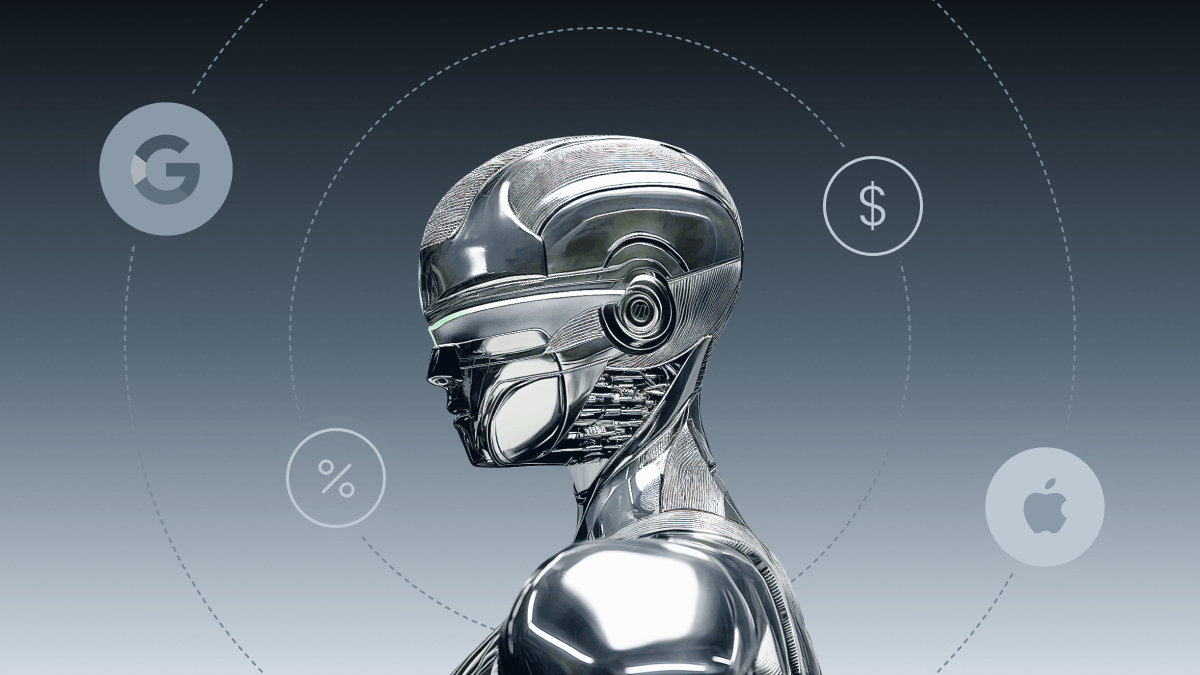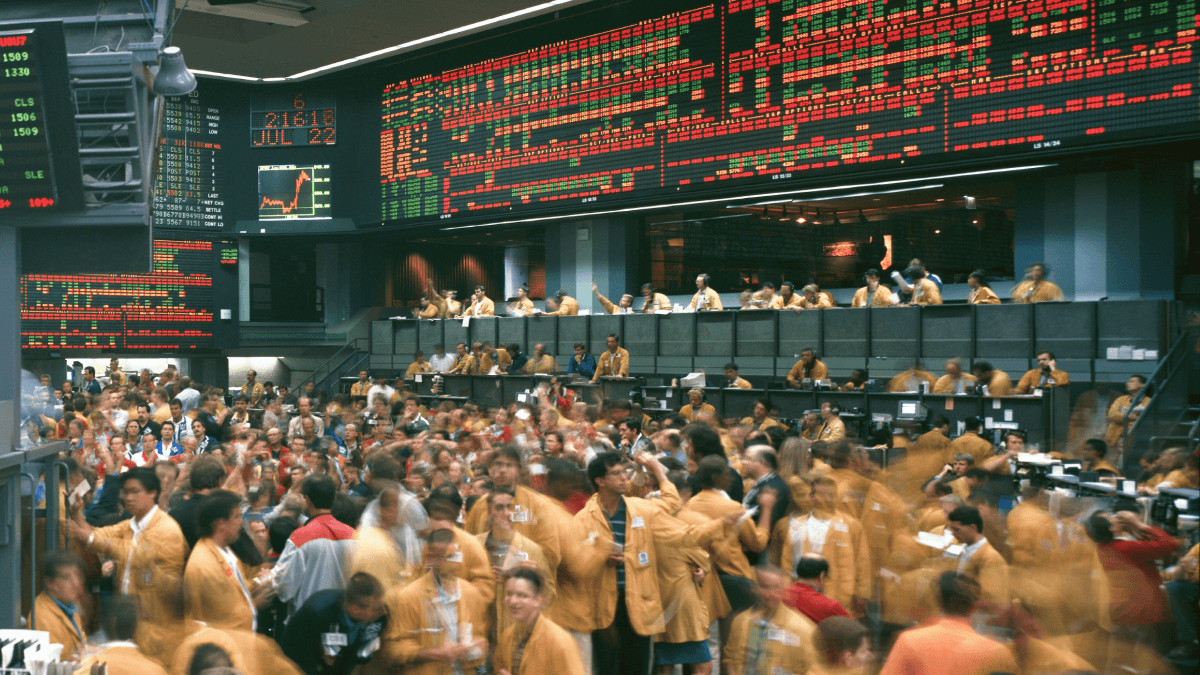Summary
AI stock trading offers significant benefits that include enhanced speed and efficiency in executing trades, the ability to analyze unprecedented amounts of data for better decision-making, and the reduced emotional bias objective algorithms bring. It also enables real-time analysis, advanced predictive modeling, and improved risk management, allowing traders to capitalize on market opportunities quickly and effectively.
However, challenges also arise with AI trading. Model risks include overfitting and reliance on historical data, potentially leading to poor predictions. Data quality issues can impact decision-making, while technical failures may result in significant losses. Regulatory compliance is critical, as traders must navigate complex legal frameworks. Additionally, AI systems may introduce ethical concerns around fairness and transparency.
FAQ
Which tools are essential for AI investing?
Algorithmic trading platforms, AI-powered trading bots, sentiment analysis tools, predictive analytics software, portfolio management systems, data visualization tools, risk management software, news aggregators and analytics, backtesting tools, and execution management systems (EMS) are the key tools used for AI trading. To learn more about these, read their detailed descriptions above.
How good are AI trading bots for forex trading?
AI trading bots have certain advantages in trading forex. They can trade nonstop, 24 hours, 5 days a week, without breaks or maintenance, and make consistently rational decisions that are not biased by emotion at speeds and volumes impossible for a human trader. Furthermore, they can continuously make real-time adjustments, based on what they learn from incoming data about the market and their own performance. However, a bot may not be able to deal with some of the volatility that can arise on the market, and it may fall prey to scam bots, experience technical glitches, or inadvertently overtrade, needlessly driving up your overhead on transaction costs. The best way to ensure good performance is to monitor and manage the process manually, in tandem with your AI trading system.
When using AI for trading, what legal aspects should be considered?
Traders and financial institutions must comply with regulations and ethical standards when using AI for trading. Some key aspects of compliance are: regulatory compliance, avoiding market manipulation, data privacy and security, avoiding or resolving intellectual property issues, fairness and bias, transparency and explainability, liability and accountability, licensing and registration, algorithmic trading rules, and anti-money laundering (AML) and know your customer (KYC) processes.
Does AI make accurate stock trading predictions?
While bots can be better at predicting certain outcomes than humans can, there are some outcomes (like earnings) at which human analysts have been shown to be better than machines. However, the same studies show that optimal results are achieved when human traders work in tandem with their AI bots in predicting market outcomes.


